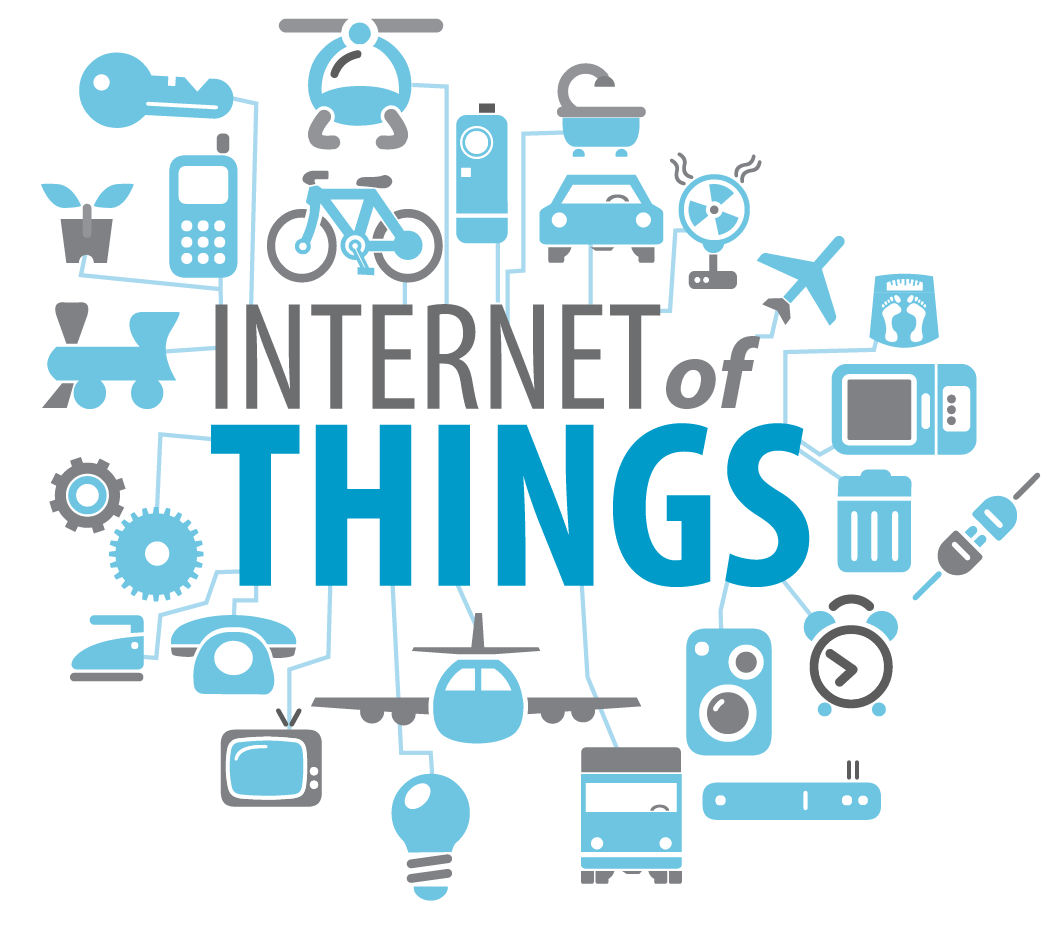
The global IoT in retail market is expected to grow from USD 14.28 billion in 2015 to USD 35.64 billion by 2020, at a Compound Annual Growth Rate (CAGR) of 20.07%, according to Research and Markets’ “Internet of Things in Retail Market – Global Forecast to 2020” report.
The key players in this market include IBM, Intel Corporation, Zebra Technologies, SAP, Google, Microsoft, Freescale, PTC, ARM, and Cisco. These companies will dominate the $35 billion industry.
Internet of Things (IoT) is significantly adopted in every process of retailing such as advertising and marketing, smart kiosks, vending machines, inventory management, and customer payments.
The fact that IoT is rapidly connecting with these retailing processes is due to increasing internet ubiquity, and emergence of cloud platform. The declining cost of sensors and RFID have also significantly increased its adoption by the retailers. Along with these drivers, the market is facing certain restraints such as lack of common standards, skill gap, and security and privacy concerns.
There are various assumptions that have been taken into consideration for the market sizing and forecasting exercise. A few of the global assumptions include political, economic, social, technological, and economic factors. The dollar fluctuations are expected to not seriously affect the forecasts in the emerging regions.
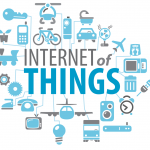
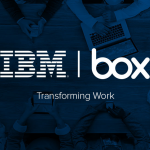
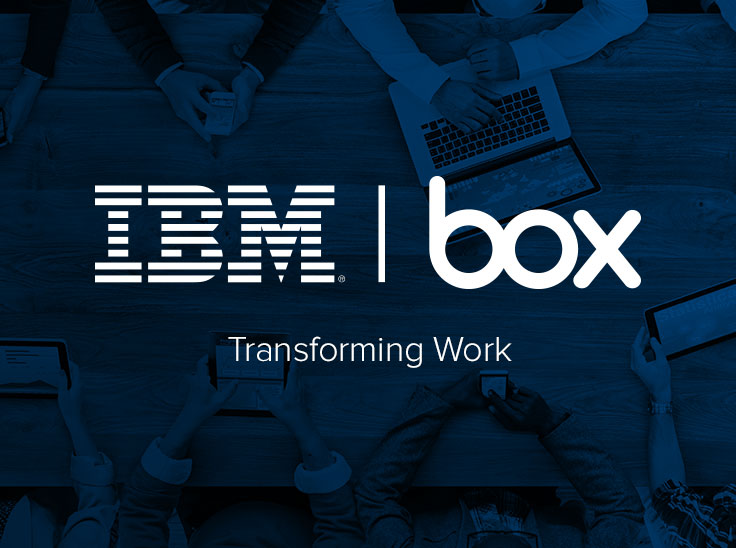
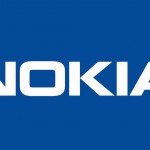
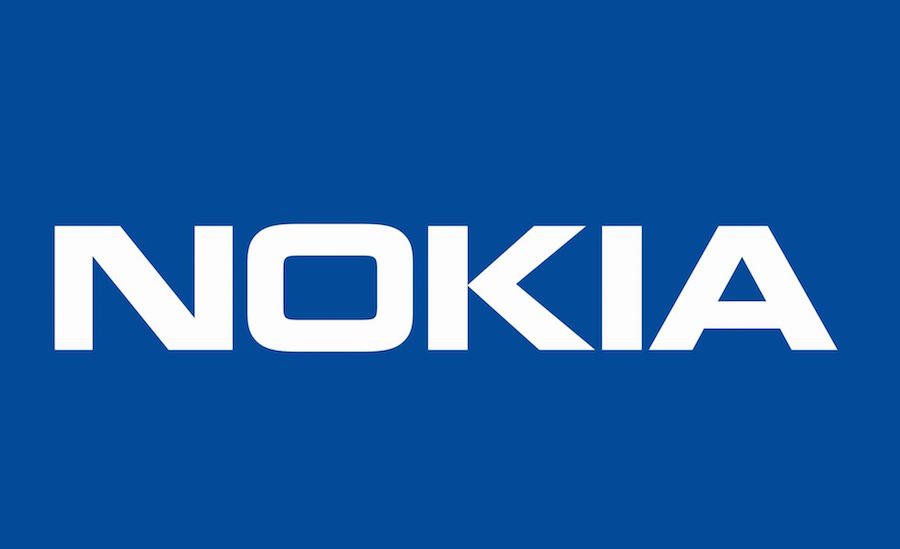



 Amazon's success in cloud computing is the cause of much woes for its competitors Microsoft and Google. In an attempt to catch up with Amazon, whose web services are currently the leader in the cloud computing service sector, Microsoft and Google have decided to upgrade their services with new features. These upgrades are also expected to heat up the competition between them.
Amazon's success in cloud computing is the cause of much woes for its competitors Microsoft and Google. In an attempt to catch up with Amazon, whose web services are currently the leader in the cloud computing service sector, Microsoft and Google have decided to upgrade their services with new features. These upgrades are also expected to heat up the competition between them.


 The annual meeting
The annual meeting